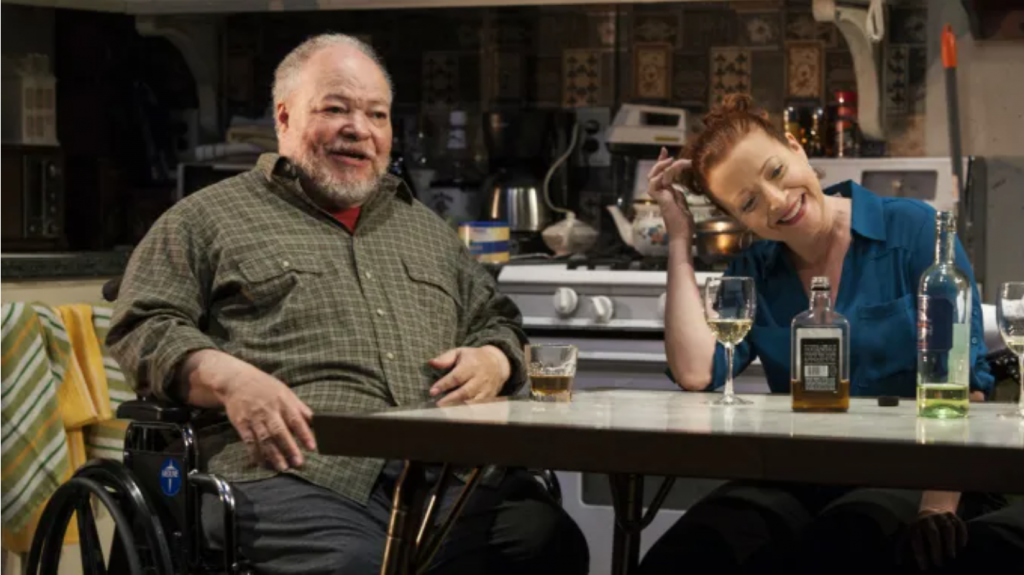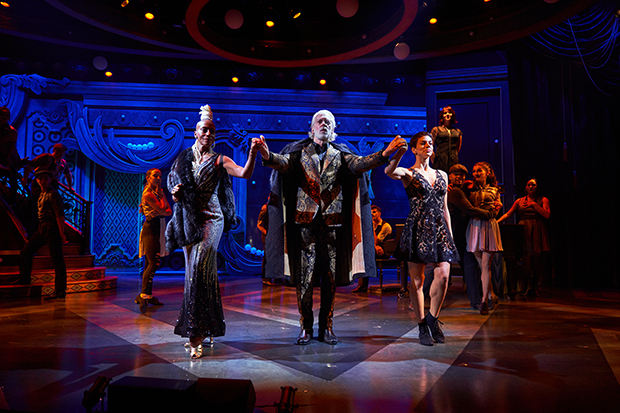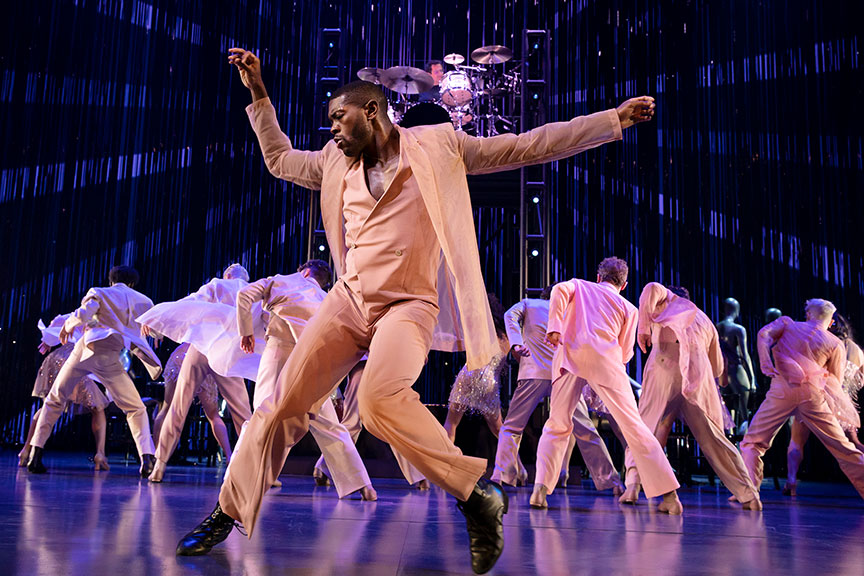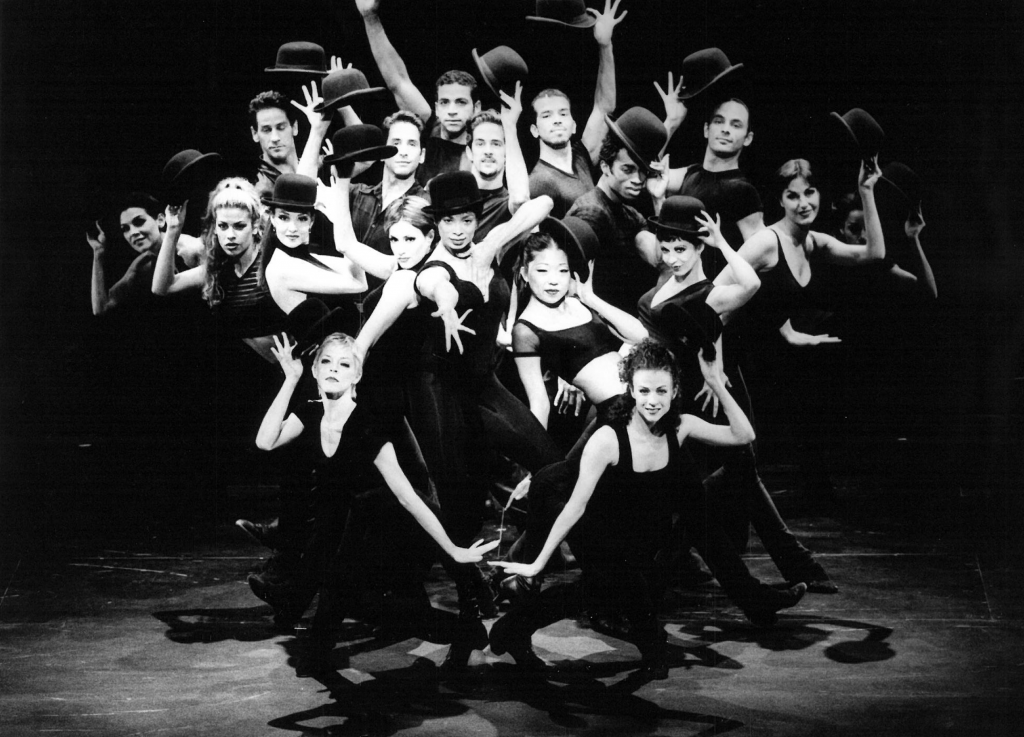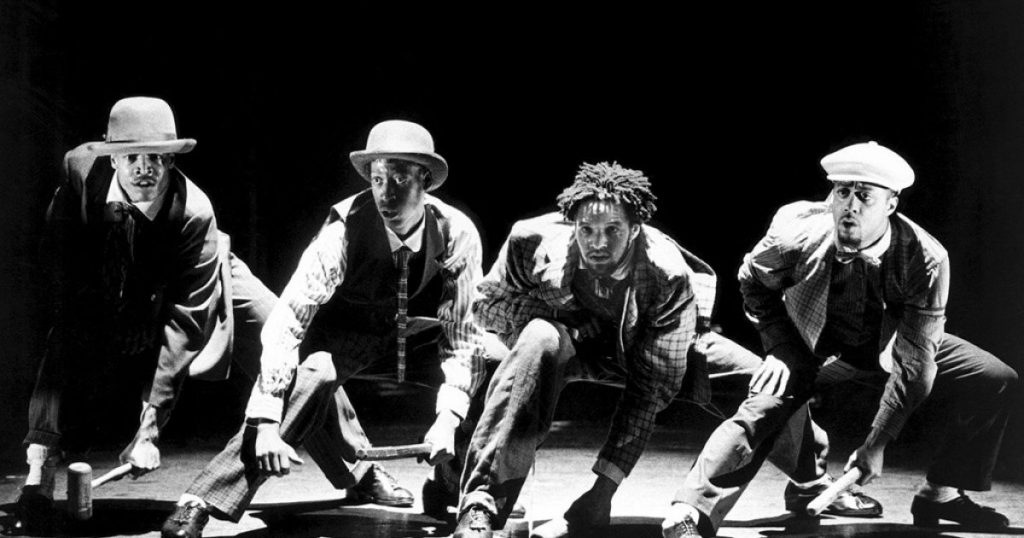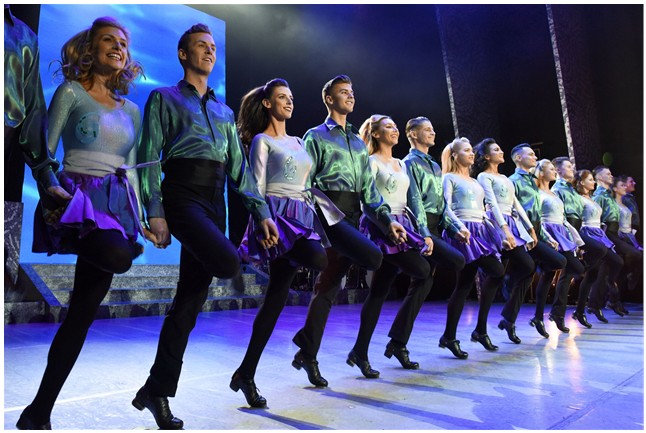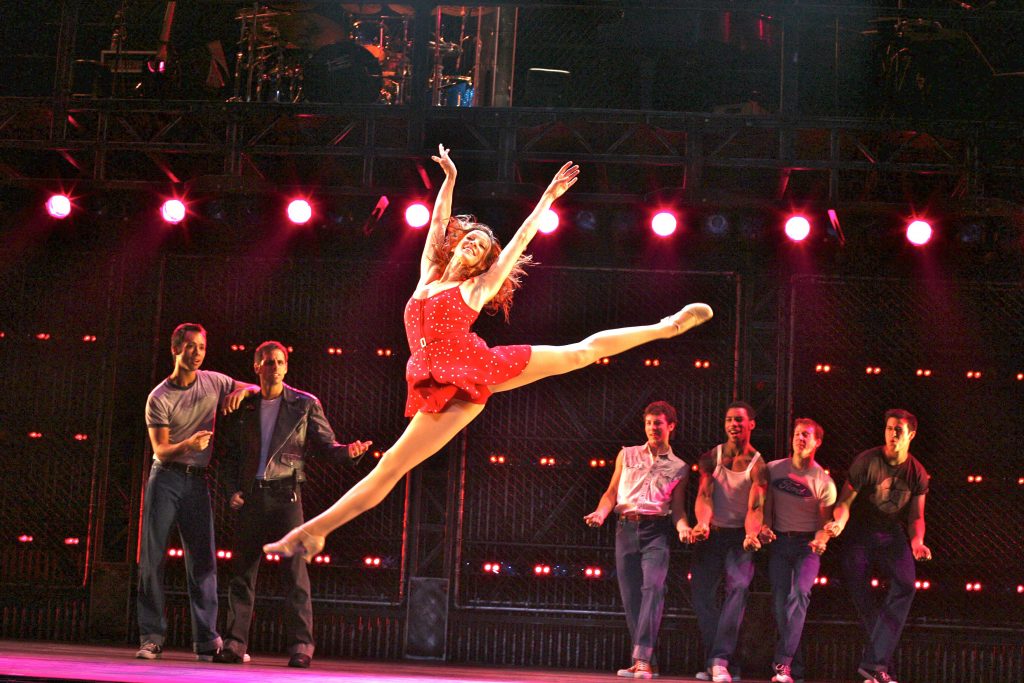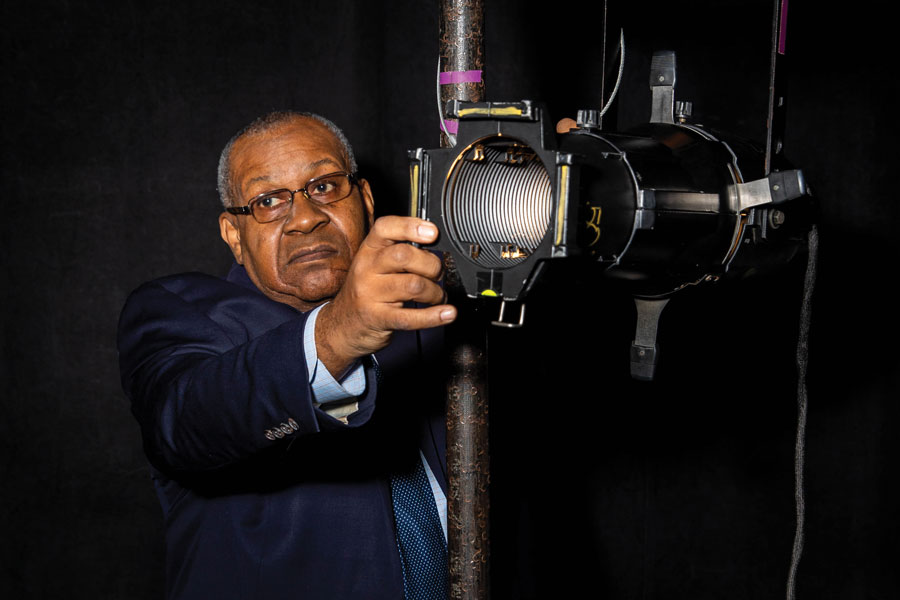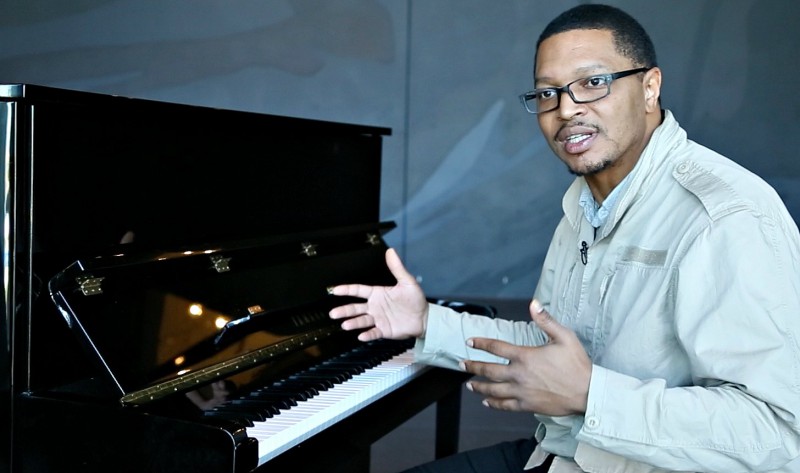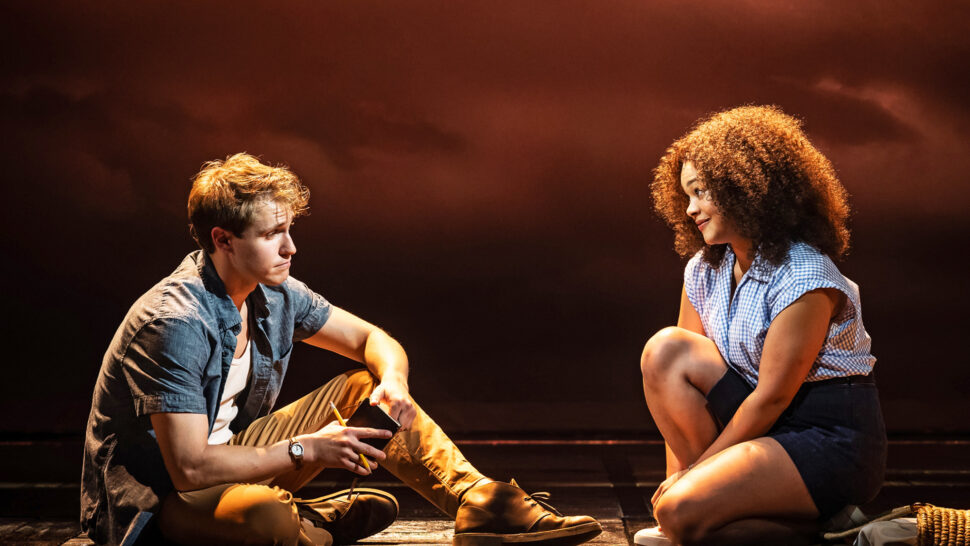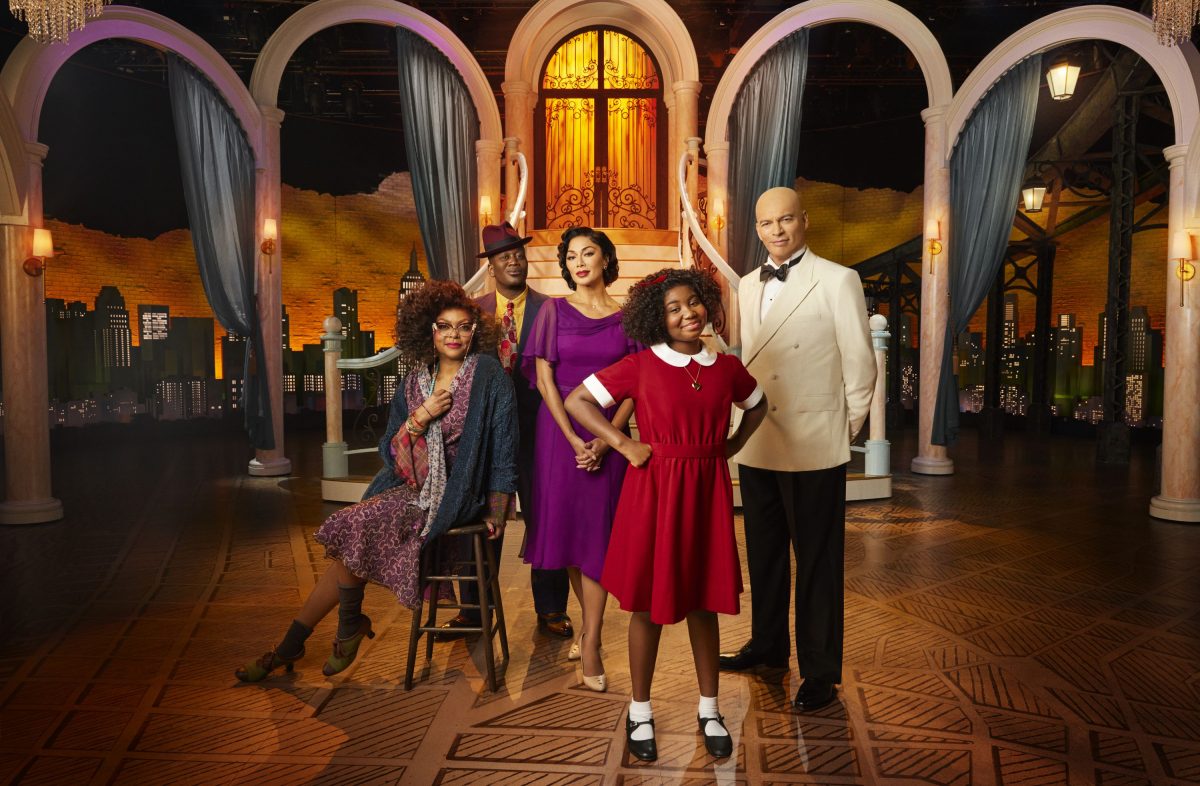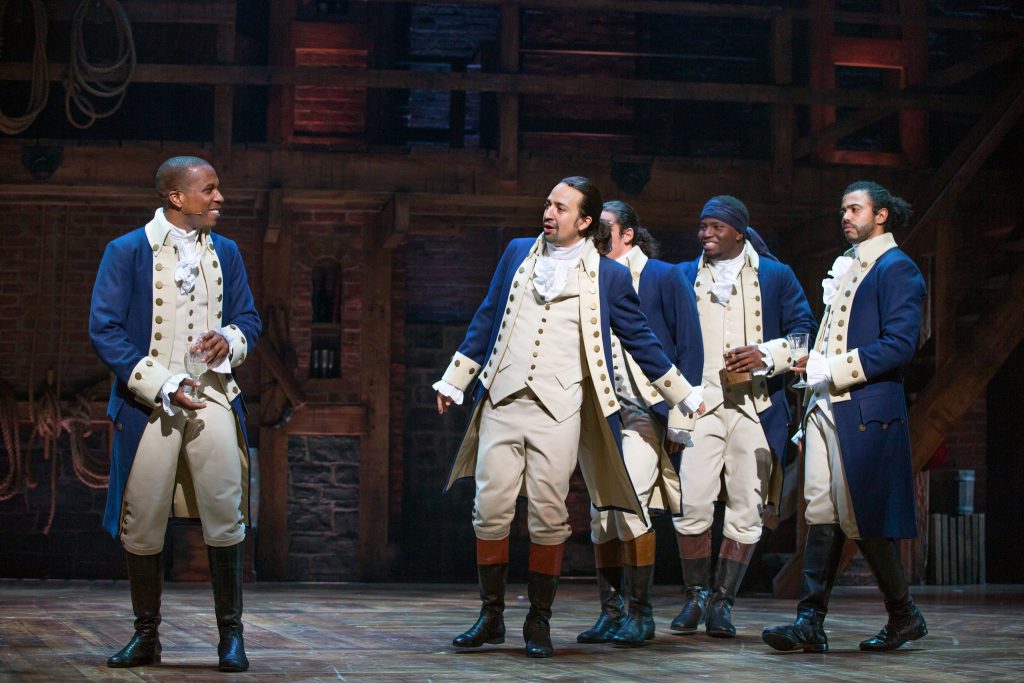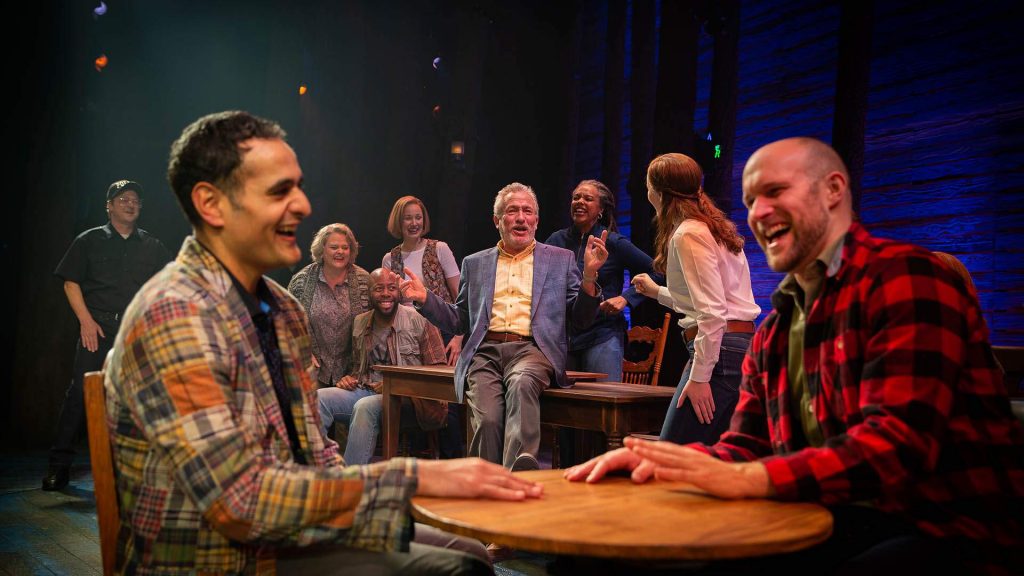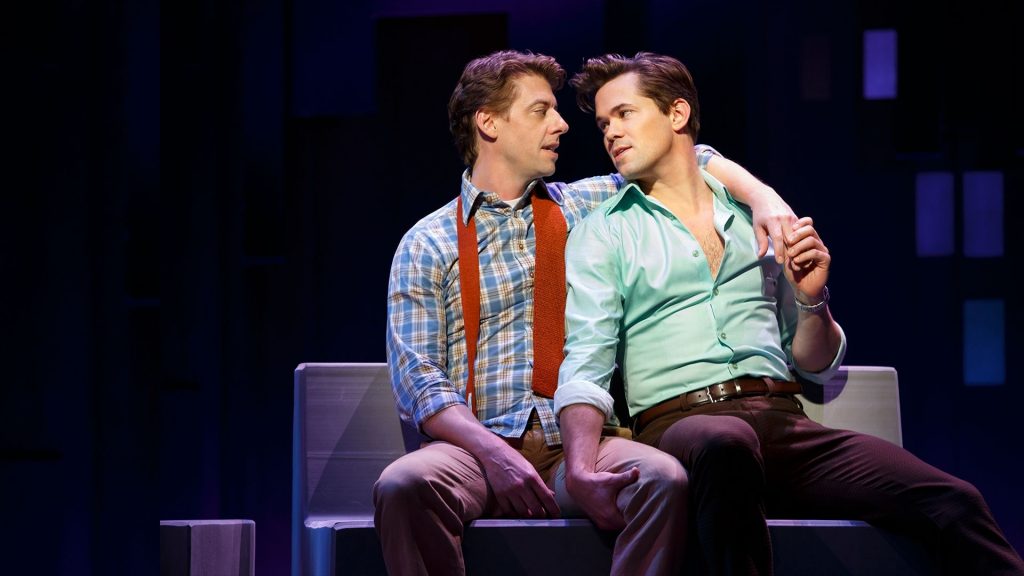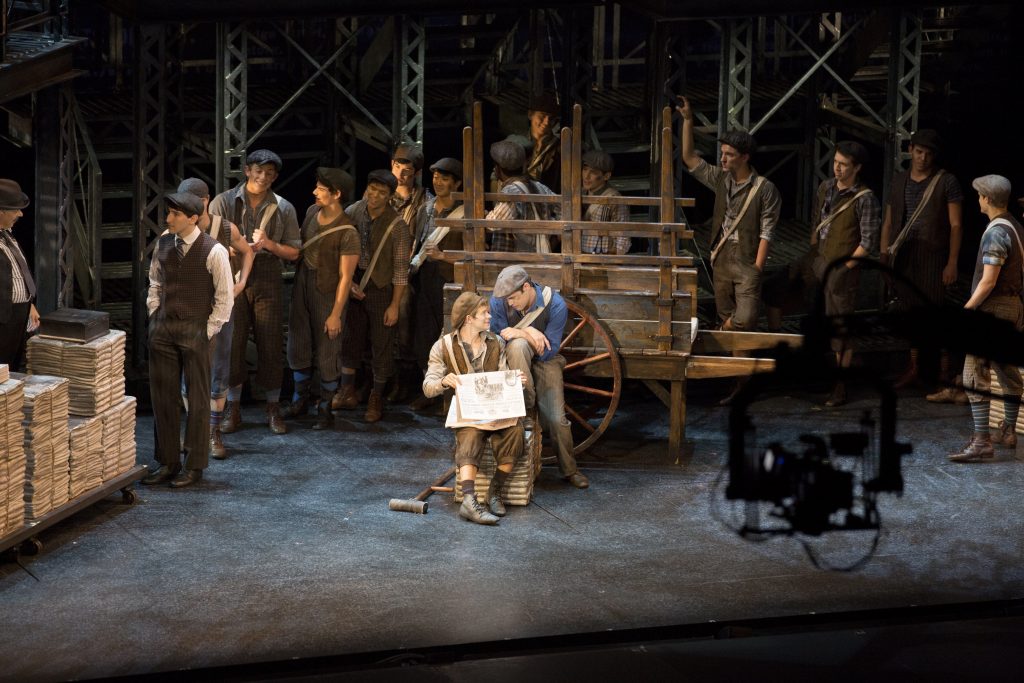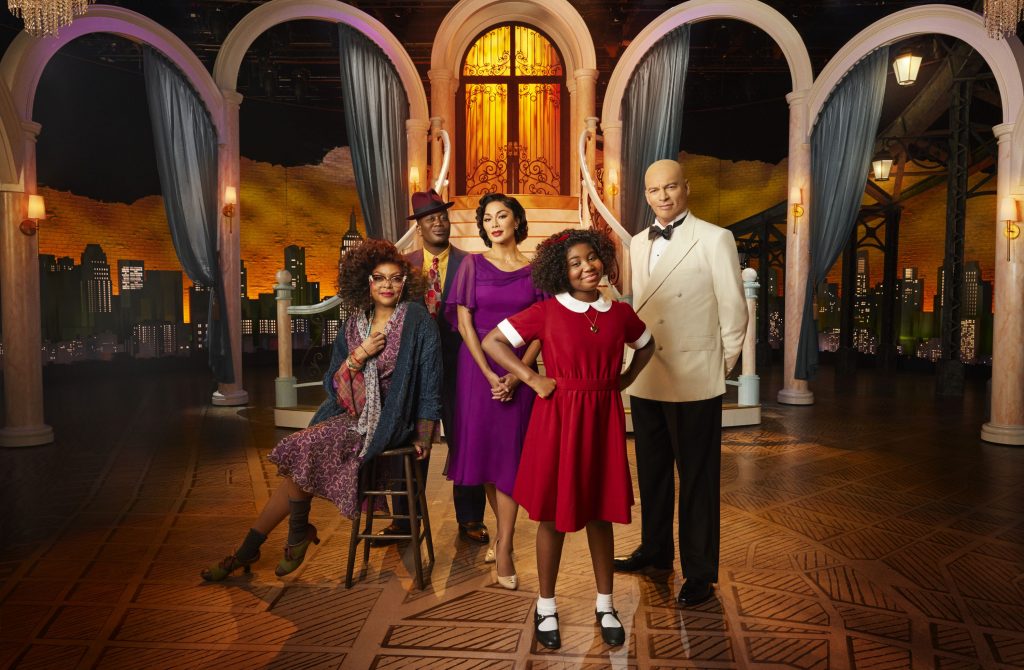In honor of National Native American Heritage Day, we asked The Thanksgiving Play writer about the show’s rebirth coming to Broadway this spring, making greater Indigenous strides from Hollywood to the theatre, and how she uses yoga (and much more) to help her through it all.
By Jim Glaub
A member of the Sicangu Lakota nation of South Dakota, Larissa FastHorse is the first known, female Native American playwright produced on Broadway. Her show, The Thanksgiving Play, was a 2018 hit and was apart of the Broadway’s Best Show’s award-winning series Spotlight on Plays and will return to the stage, this time at the Helen Hayes Theater in the spring of 2023, and will be directed by Rachel Chavkin, who won a Tony for Hadestown.
In honor of National Native American Heritage Day on November 26, we asked FastHorse a number of questions we had for the history-making playwright. Read on for her witty answers.
Where did The Thanksgiving Play come from?
Larissa FastHorse: For starters, it wasn’t easy locking down non-white actors for my shows. It was early in my career and Broadway producers were more timid about casting too far outside of traditional norms in order to draw demand. But what I mostly wanted to accomplish with this play is what it’s like to be me in the room—a contemporary Indigenous person—and where the pitfalls are to the best-meaning folks in the theatre industry who, if not for lack of trying and sometimes to their own detriment, do want to make sincere cultural strides.
Now that The Thanksgiving Play is something that people really love to see and that it’s such a fun production, and I was able to keep the things I wanted to say in it, I was really excited to have this as my first real Broadway play.
That fact that the show is so funny, and has such an approachableness to the otherwise difficult conversation on American colonialism, really sets it apart from other comedy. Do you find comedy a lot easier to do?
FastHorse: Oh yes. Comedy and satire is what I do. I don’t love going to the theatre and being hit over the head. Plenty of people do and that’s great for them! I go to the theatre to engage with those around me in a fun and silly way. That’s my gift to the audience. You’re going to show up to my show and laugh and have a great time and be able to engage your friends afterwards. I like to make you think and contemplate things, but I want you to have fun with it too.
Do you imagine yourself stepping off the stage and into film and TV?
FastHorse: I have several in development right now, actually. They’re comedies, of course, and I’m doing a lot of animation. Suddenly, here I am with Dreamworks and Netflix, working on movies. When they gave me Peter Pan to work with, you’ve never seen funnier pirates. I’m the girl writing fart jokes and getting carried away with the silliness before I tone it down and make sure it’s also intelligent enough for adults.
How do you approach a story as big as Peter Pan and make it your own?
FastHorse: I’ll be honest—it’s hard. As someone who wasn’t a Peter Rooter or a watcher growing up, I had no clue how to approach it, which was probably a good thing. By having some conversations about it, I began to realize that so many people love this title and have unique and differing experiences watching it with their parents and grandparents. So I asked folks what they loved most about the story because all I could see were the problems. It’s been a great time listening and starting to write based on these personal stories.
How did you find your way to doing theatre?
FastHorse: Long story short, I was a young ballerina finding my creative way before someone suggested I start writing. Back then I wasn’t seeing a lot of Native representation in Hollywood. I’d sold a few TV shows but felt really frustrated with the watered down nativism so I then found my way to the theatre. I got commissioned to do my first play at Children’s Theater Company in Minneapolis. And that was the first place where I was told, okay, you tell us how best to do this. From there we hired Native American consultants in every area, including elders, and we simply wanted everything done correctly. It was incredible getting to do all the things that Hollywood wasn’t doing yet. From the caterer on opening night to the commissioned art in the lobby—it was all Native talent.
So that’s how Indigenous Directions came to be?
FastHorse: To be more accurately Native American, yes. At least to fight for that accuracy. We’ve gotten to do some good things. We’ve even been working with Macy’s for the annual Thanksgiving Day Parade to make floats and balloons a more appropriate. These are subtle changes slowly happening over the last three years and this project is weirdly one of our favorites. For example, the Tom Turkey is no longer a pilgrim but a Show Turkey, complete with top hat and bowtie. He’s very New York now!
The theatre is an institution that has existed for a very long time. So it’s hard to come in and shake things up. But you’ve got to know the rules in order to break the rules, right?
FastHorse: Oh yeah. I’ve known Rachel Chavkin, the new director of the upcoming version of The Thanksgiving Play, for a long time now, but this is our first time working together. It’s great because she really knows the rules of Broadway from all sides of the stage and inner production. She’s helped me understand a lot of things that are newer to me. It’s important to have good partners to help guide you, especially as a Native American newcomer who didn’t have the same access to such folks and resources as I do now.
Okay, last question. You’re in the “explosive” stage of your rising career. What are you doing to nurture yourself and stay safe?
FastHorse: It’s definitely a challenge. Just as suddenly as it hit us, COVID protocols ended and then everything came flooding in at once. I now have five shows in a row next year. It’s your best and worst nightmare at once. From Broadway to film, every production is challenging in its own way but also hugely exciting. I’ll be honest, I’m nervous about it all because it’s a lot and a lot of pressure. And with a Broadway show also comes all the other Broadway stuff, like the Tony’s and press and so forth. So I’m currently trying out a million things to relax and steady myself, too. Haha.
I’m trying new types of yoga and meditation and self-care things to try and figure out what’s best for me and which practice to add to my toolkit. I’m also working to stay conscious and focused on what’s ahead.
It’s going to be an incredible year for Larissa FastHorse so be sure and see and experience any production she’s behind as it will be unlike anything else on the stage or screen.
Wishing everyone a happy Thanksgiving and hope that you join us in celebrating National Native American Heritage day for all days to come.
